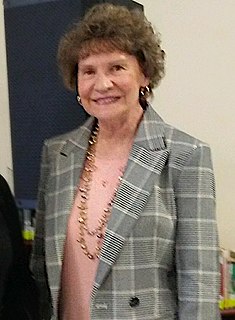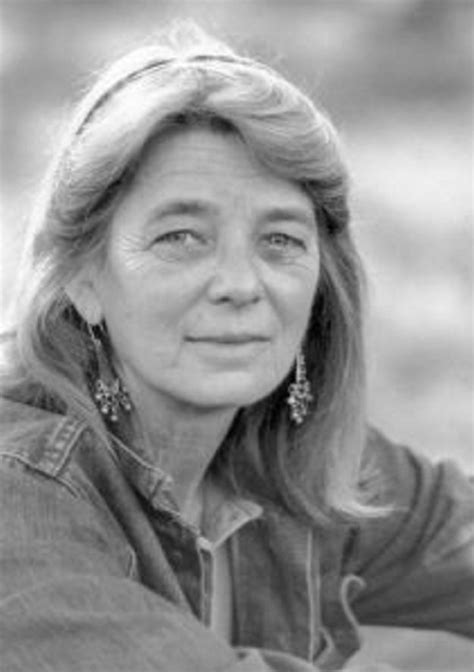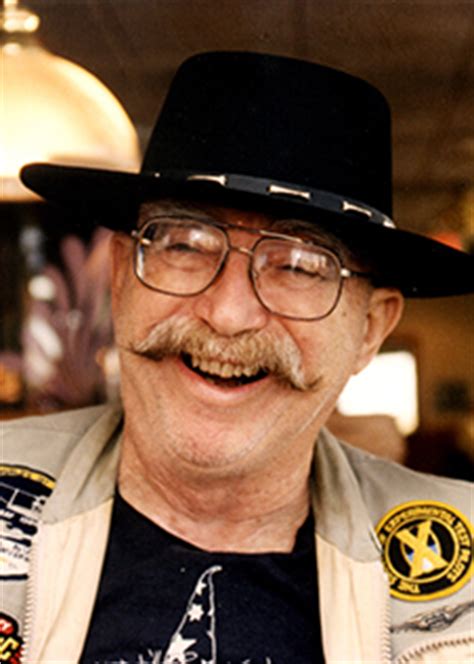A Quote by Will Rogers
The good old horse-and-buggy days: then you lived until you died and not until you were run over.
Related Quotes
I write first drafts feverishly fast, and then I spend years editing. It's not that sentence-by-sentence perfectionist technique some writers I admire use. I need to see the thing, in some form, and then work with it over and over and over until it makes sense to me - until its concerns approach me, until its themes come to my attention. At that editing stage, the story picks itself and it's just up to me to see it, to find it. If I've done a good job, what it all means will force me to confront it in further edits.
It wasn't that there weren't menfolk in my grandmother's stories. There were lots of them but they died young or were drifters and dreamers who disappeared or turned to drink or succumbed to melancholia or slow mortal diseases. The women, on the other hand, lived a long time and were full of spit and vinegar until the end.
Here's my advice to you: don't marry until you can tell yourself that you've done all you could, and until you've stopped loving the women you've chosen, until you see her clearly, otherwise you'll be cruelly and irremediably mistaken. Marry when you're old and good for nothing...Otherwise all that's good and lofty in you will be lost.
The sounds of many were unintelligible and undoubtedly many more called for their parents from whom they were parted by death or by accident. They grasped their tortured limbs, their tiny burning legs until they were no longer able to stand or run. And then they would crash to the ground where they would writhe in the bubbling tar until death released them from their physical misery.




































